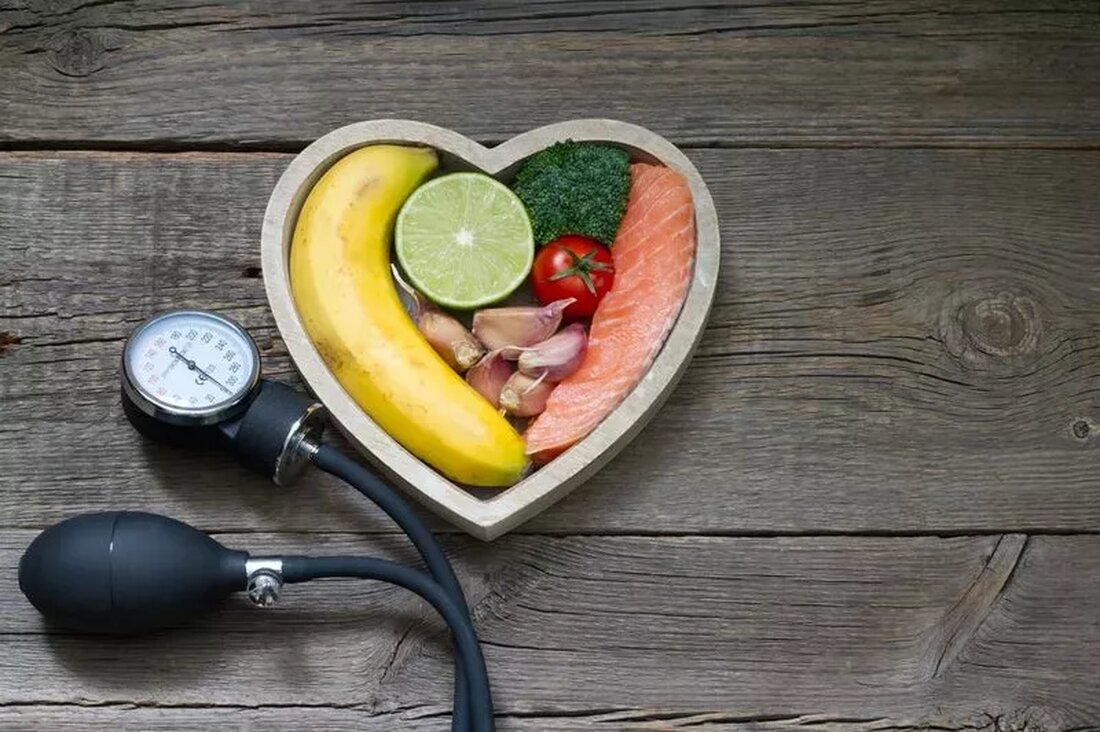Is the egg a healthy food? Find out the truth!
A few years ago, eggs were thought to be the culprit in producing arteries that clog cholesterol in the blood (all cholesterol is found in the yolk of the egg). In recent years, Harvard University's School of Public Health had tracked over 100,000 nurses for about 10 years and found no difference in the risk of heart disease among people who eat 1 egg a week or eat more than 1 egg a day. Recent studies have shown that eating 2 eggs can actually improve your lipid profile. (Cholesterol is also known as lipid, which...

Is the egg a healthy food? Find out the truth!
A few years ago, eggs were thought to be the culprit in producing arteries that clog cholesterol in the blood (all cholesterol is found in the yolk of the egg). In recent years, Harvard University's School of Public Health had tracked over 100,000 nurses for about 10 years and found no difference in the risk of heart disease among people who eat 1 egg a week or eat more than 1 egg a day.
Recent studies have shown that eating 2 eggs can actually improve your lipid profile. (Cholesterol is also known as lipid, the fatty substance produced by the liver and also found in highly saturated fatty foods.) Regular consumption can also help prevent blood clotting, heart attacks and even strokes. In another study, women who ate 6 eggs per week reduced their risk of breast cancer by 44%.
The egg is a healthy food because of the nutrients it contains. 1 large egg has about 70 calories - that's about 10% of the recommended iron, minerals, protein and B vitamins, including folic acid, which is recommended for pregnant women. Just one egg contains all nine essential amino acids and about 6 grams of high-quality proteins. They are also a very important source of carotenoids lutein and zeaxanthin (for eye health).
Research has also shown that people who eat eggs daily reduce their risk of developing macular and cataracts. Eggs also contain choline – the nutrient that about 90% of pregnant and breastfeeding American women don't get enough of. Choline is necessary for memory and brain development in the fetus. One egg yolk contains about 120 milligrams of choline. Of the 5 grams of fat in an egg, only 1.5 grams are saturated fat. The egg is one of the few foods that naturally produce vitamin D.
They also contain sulfur, which promotes healthy hair and nails. People who typically eat eggs for breakfast also tend to eat healthily. Eggs contain protein and fat - both of which increase the feeling of fullness. This seems to satisfy more overweight people more than a breakfast that might include donuts, rolls or bagels.
Nutrition experts have found that people who don't eat too much fat can eat one or two eggs a day without any measurable change in their blood cholesterol levels. It is the saturated fat in your diet that affects your blood cholesterol levels, not the cholesterol in the diet. Long story short, eat a balanced diet – one that includes eggs; and don't forget to exercise.

 Suche
Suche
 Mein Konto
Mein Konto
